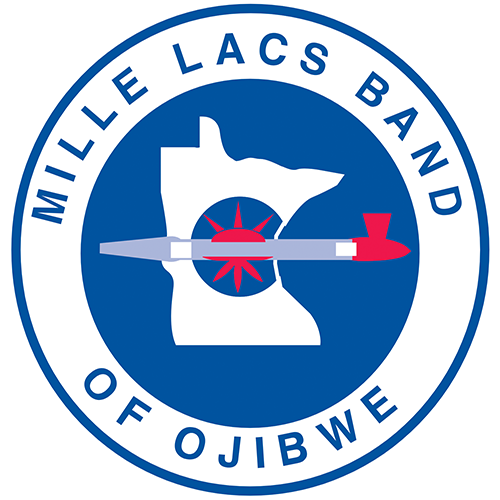ONAMIA, Minn. — The Mille Lacs Band of Ojibwe plans to leverage grant funding it received in response to the coronavirus pandemic on a feasibility study for a business incubator.

The $150,000 from the Minnesota Disaster Recovery Fund for Coronavirus, a private fund administered via the Minnesota Council on Foundations, will also go toward a study of entrepreneurism in the tribal economy, according to a statement.
The pandemic exacerbated the tribe’s over-reliance on various sectors of the economy that were disproportionately affected by the ongoing public health crisis. The study aims to find ways for the Mille Lacs Band to secure its economic future for generations to come.
“The ideals of self-sufficiency and entrepreneurship are closely related — they go hand in hand,” Mille Lacs Corporate Ventures CEO Joe Nayquonabe, Jr. said in a statement.
Mille Lacs Corporate Ventures, the tribe’s economic development arm, will conduct the feasibility study for the business incubator and engage various stakeholders in the community.
While Mille Lacs Corporate Ventures owns various businesses in the hospitality, marketing, technology, and government contracting sectors, the business incubator would help spur business creation among the tribe’s members, which in turn would create a more robust tribal economy, officials said.
“Through diversification of our businesses and tribal economy, the Mille Lacs Band has made great progress toward achieving economic self-sufficiency through Band-owned businesses, but we also have to support Band member entrepreneurs,” Mille Lacs Band Chief Executive Melanie Benjamin said in a statement. “We have so many talented Band Members who have an entrepreneurial spirit who just need additional support and training so that they can realize their dreams of running their own businesses. This is a great step in that direction.”
The incubator would help members with business planning and offer a range of resources and technical assistance for startups.
“Our hope is to be able to launch a business incubator as a tool to help tribal economy citizens, with a focus on American Indians, to pursue economic self-sufficiency in ways that are rewarding to them, as individuals, while strengthening the collective economic vitality of the region,” Nayquonabe stated.
